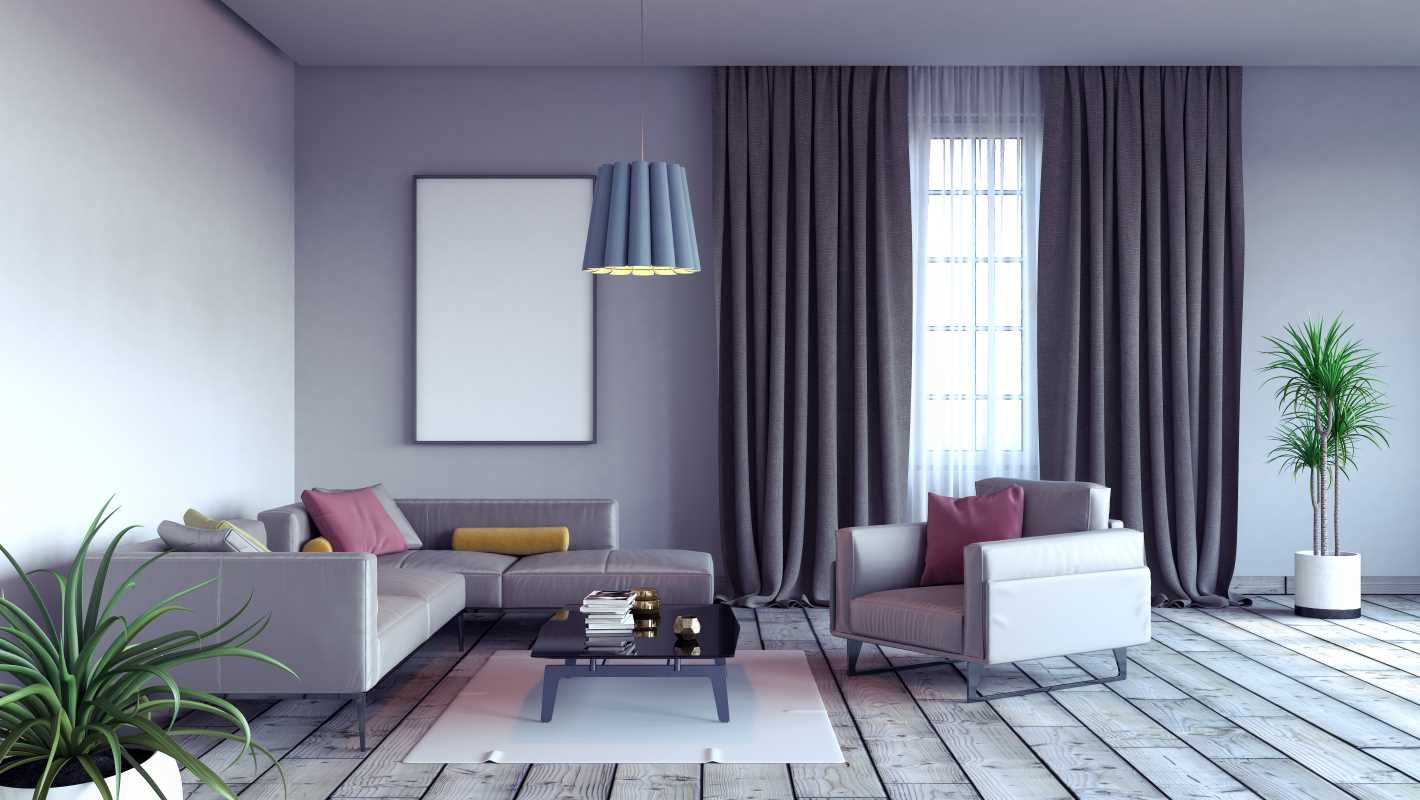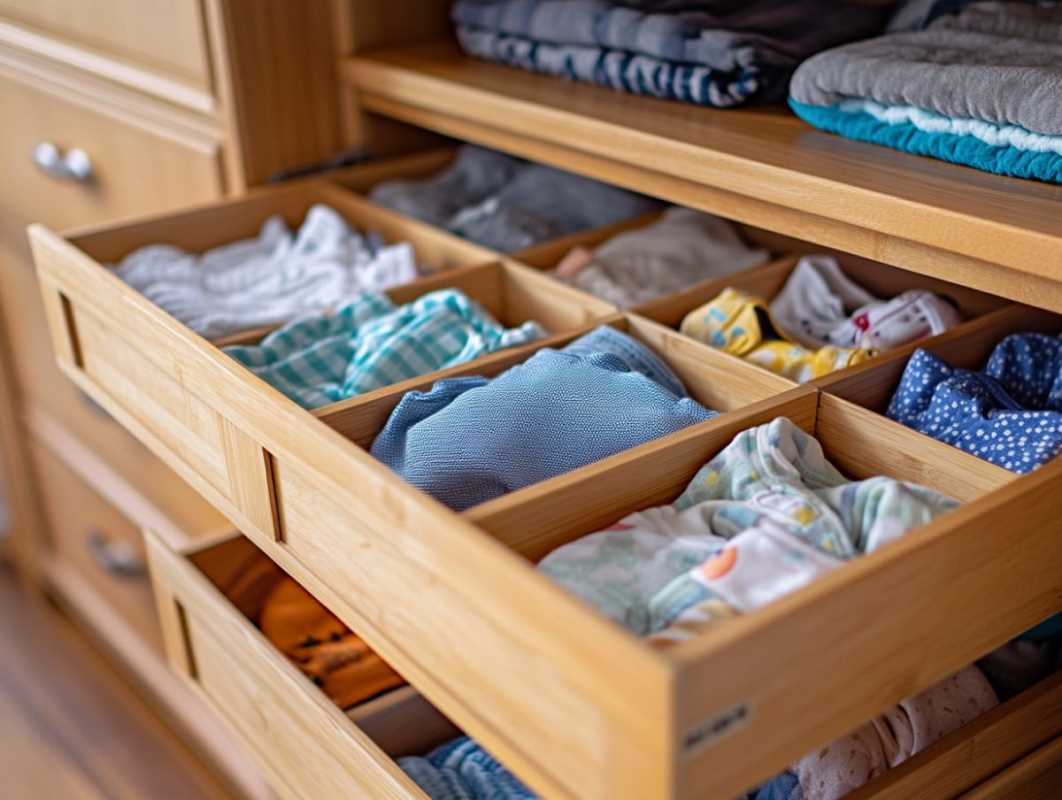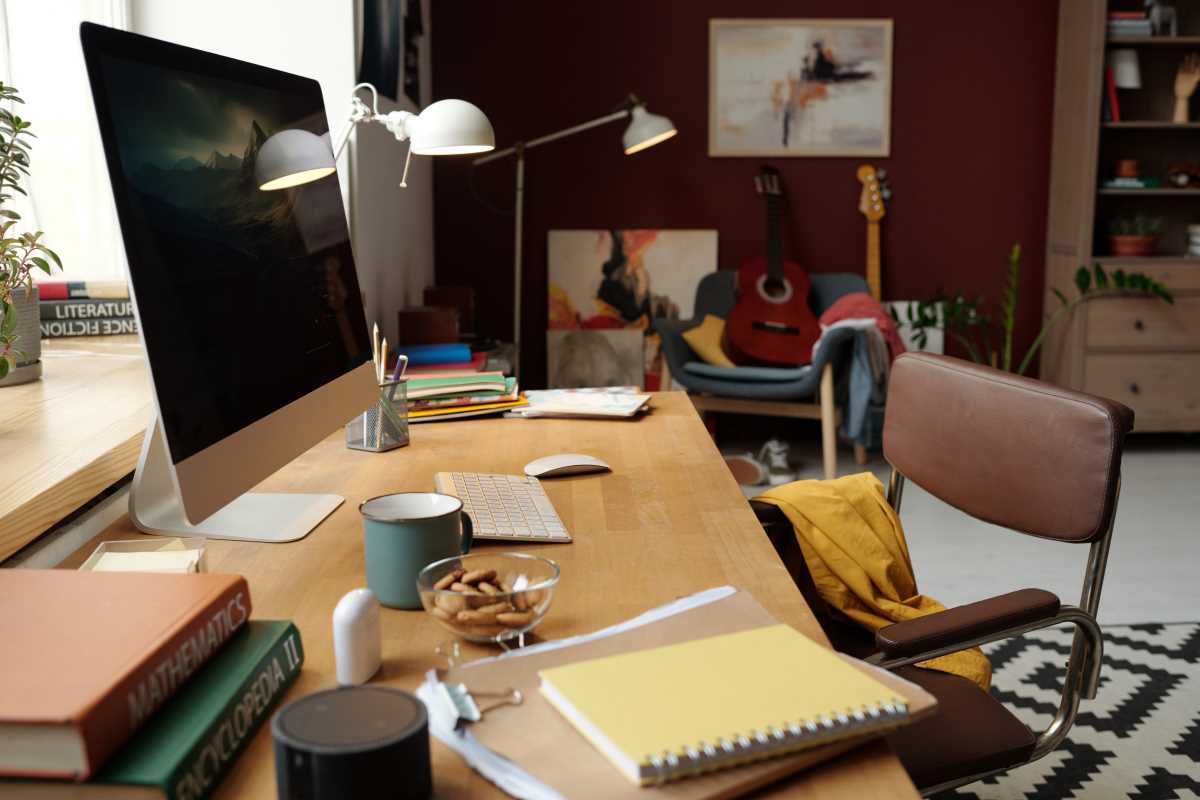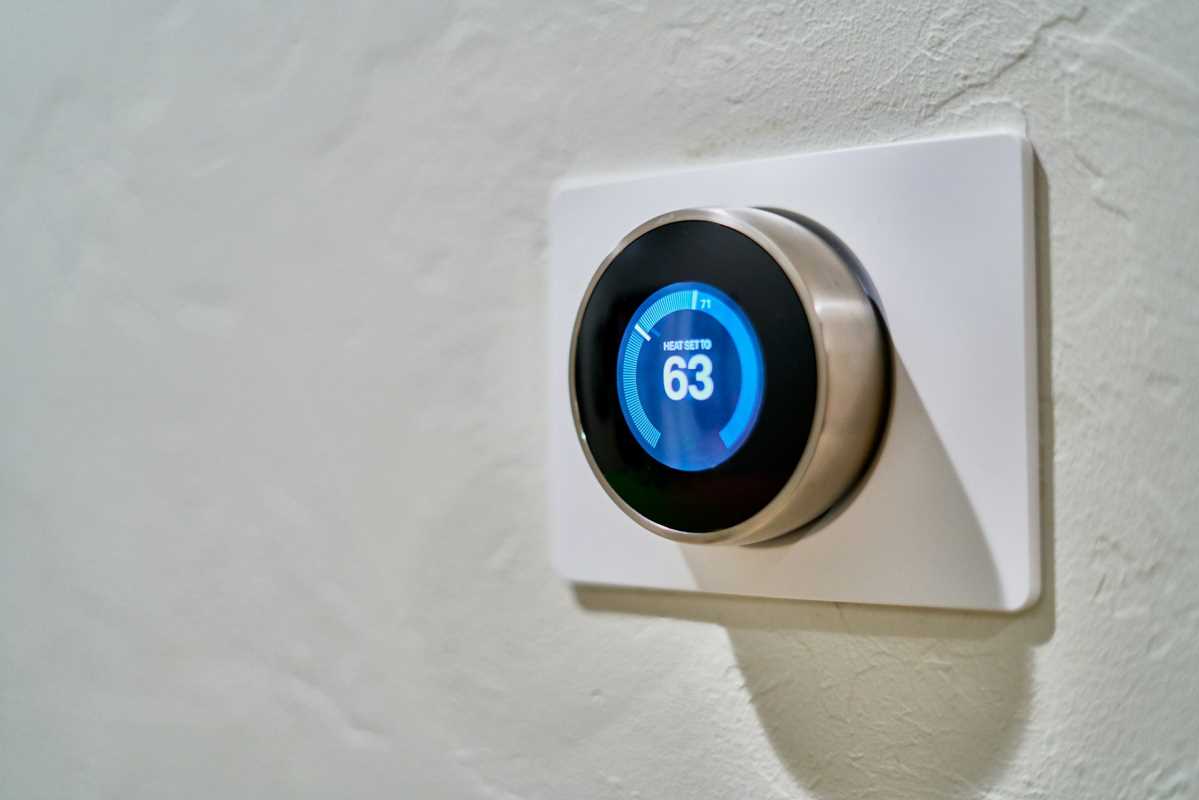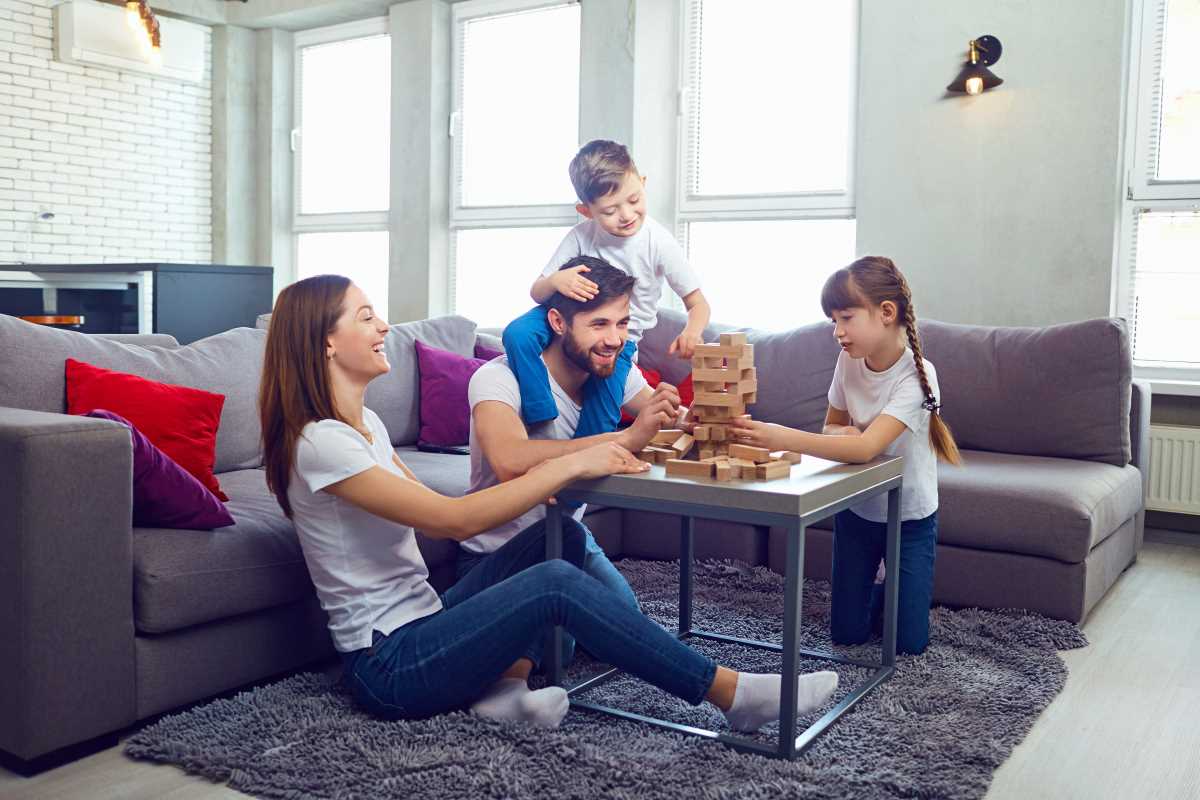Living a busy life often leads to feeling overwhelmed and stressed, especially when dealing with a cluttered living space. A messy environment can make it harder to focus, sap your energy, and contribute to a general sense of unease. However, simplifying your life through decluttering can significantly improve your mental well-being and productivity. Clearing away excess belongings, organizing your space, and reducing digital clutter can all create a more peaceful and functional environment. Here are some practical decluttering tips for busy individuals that can help you create a more organized, stress-free living space.
Start Small
The thought of decluttering an entire house can feel overwhelming, especially if you have a busy schedule. The key is to start small. Begin by tackling just one area, such as a single drawer, closet, or shelf. Breaking down the task into smaller, more manageable chunks makes it less daunting. You can even set a timer for 10 or 15 minutes and declutter for that short period of time each day.
By starting small and focusing on one area at a time, you can make steady progress without disrupting your busy routine. Over time, these small steps will lead to big results, and you’ll find that your home is becoming more organized without feeling like you’ve taken on an impossible task.
Declutter Regularly
Decluttering isn't a one-time event. To maintain a clutter-free environment, it's important to make decluttering a regular habit. Set aside a few minutes each day, or dedicate a specific day of the week, to tidy up and clear out any items that are no longer needed. Regular decluttering helps prevent clutter from accumulating and eliminates the need for large-scale, time-consuming overhauls down the road.
By making decluttering part of your routine, it becomes a habit that feels less overwhelming. You might choose to tidy up before bed or do a quick declutter on weekends. The key is to integrate it into your regular schedule so that it doesn't feel like an added burden.
Donate or Sell Unwanted Items
As you declutter, you’ll likely come across many items you no longer use or need. Instead of throwing them away, consider donating or selling those items. Clothes that no longer fit, old appliances that you no longer use, or books you've already read can find a new home with someone else who will appreciate them.
Donating unwanted items is a great way to clear your space while helping those in need. Charities, shelters, and secondhand stores often welcome donations of gently used goods. Alternatively, selling items online or through a garage sale can provide a small financial benefit. Not only will this help you declutter, but it also gives your unused items a second life.
Create a System for Organizing
Once you've decluttered, creating a system for organizing your belongings can help you maintain a clutter-free environment in the long run. Storage bins, baskets, labels, and shelves can help keep items in their designated places, making it easier to find and put things away. Designate specific areas for different categories of items, such as clothing, books, or kitchen supplies, and always return items to their proper spot after use.
An effective organization system ensures that everything has a place, reducing the chances of things piling up again. This not only makes your space look more orderly, but it also makes daily tasks more efficient, saving you time in the long run.
Digital Decluttering
In today’s digital age, clutter isn't limited to physical possessions. Digital clutter, such as unorganized files, endless emails, and notifications from apps and social media, can also contribute to feelings of overwhelm. Take time to declutter your digital life by organizing your files, deleting unnecessary emails, and unfollowing accounts that no longer serve you.
Clearing your digital space can significantly improve focus and productivity. Set aside time to organize your computer desktop, categorize files into folders, and get rid of apps or programs that are no longer needed. Managing your email inbox by unsubscribing from unnecessary newsletters and using filters can also help reduce digital clutter.
Practice Mindful Consumption
As you work toward creating a clutter-free environment, it’s important to practice mindful consumption. Be intentional about what you bring into your home and avoid accumulating unnecessary items. Before making a purchase, ask yourself whether the item truly adds value to your life or if it will just contribute to more clutter.
By developing a habit of mindful consumption, you can prevent future clutter from accumulating. This practice allows you to maintain the simplicity you’ve worked hard to achieve and helps you focus on owning items that serve a meaningful purpose.
Incorporating these decluttering tips into your busy lifestyle can create a more organized, peaceful, and stress-free environment. Decluttering doesn’t have to be an all-day event—it can be as simple as spending 10 minutes tidying a drawer or organizing a digital folder. Start small, make decluttering a regular part of your routine, and be mindful about what you bring into your home.
Simplifying your surroundings not only frees up physical space but also clears mental clutter, allowing you to focus on what truly matters in life. By taking small steps toward decluttering, you’ll start to reap the benefits of a more organized, clutter-free, and productive lifestyle.
